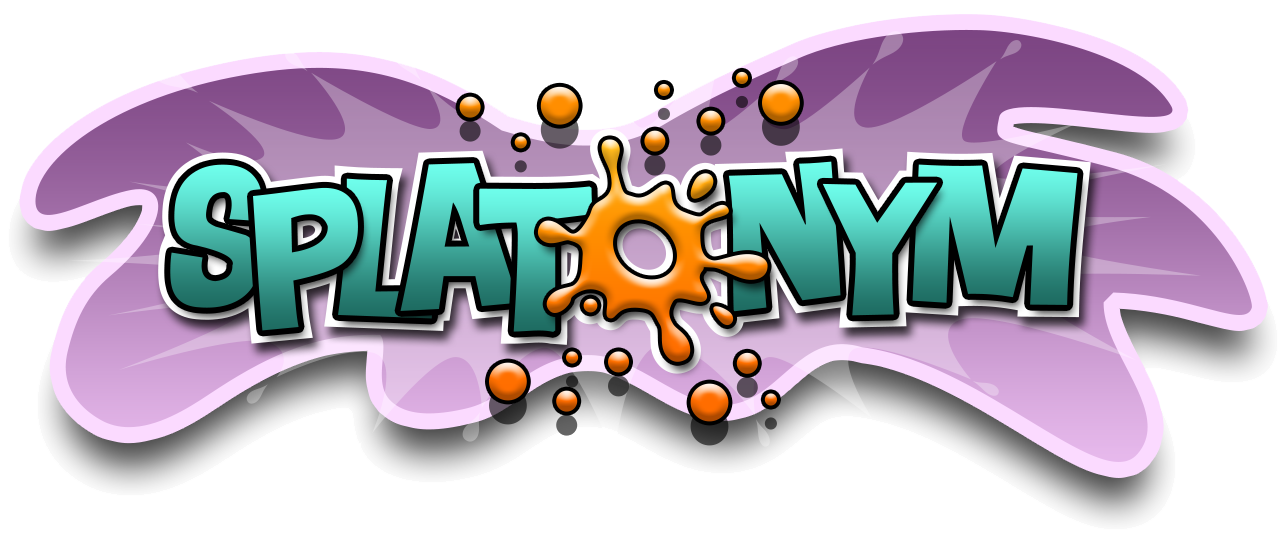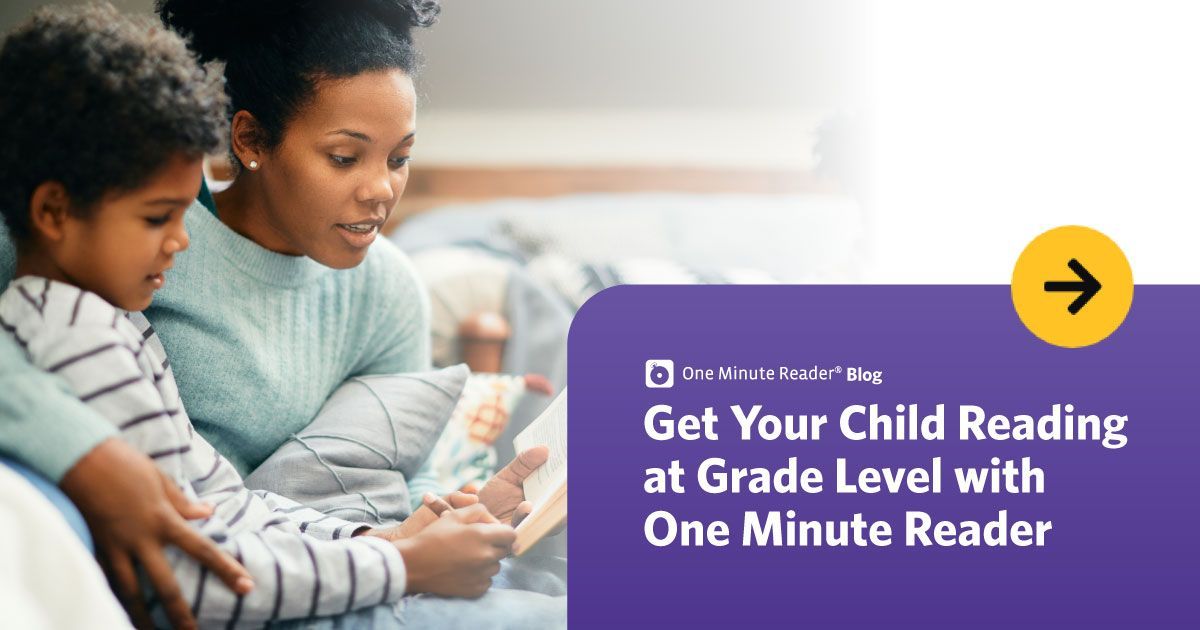Blog
Magic in the Middle
I'll never forget the time my middle child, at age four, found a flashcard with the word “flabbergasted” on it. I read the card to him and told him the meaning of the word. He started bringing the card everywhere he went and belly laughing whenever he showed it to someone. Some nights, he even slept with it under his pillow.
There's something so delightful about learning a new word. At the time the "flabbergasted" card made its appearance in our house, my oldest child, who was seven years old, was constantly asking me what certain words meant as he learned to read them. My youngest, at age one, was immersed in his attempts at speech, reminding me that we’re all innately drawn to words from the beginning. But it was my middle boy and his word card that made me reflect on the universal appeal of word learning. He had already learned to speak, but he hadn't yet learned to read. One could assume that words and their meanings weren't as important to him as they were to the learning-to-speak baby and the learning-to-read elementary schooler. And yet, “flabbergasted” brought him more joy than his favorite toy. In many ways, I think the middle might actually be the sweet spot.
Similarly, the middle grades (fourth and fifth) are a key time to focus on vocabulary in schools. Students at this level are ripe for learning vocabulary acquisition techniques such as using context clues, using a glossary, and analyzing roots/affixes to determine a word’s meaning. Inevitably, as they encounter new texts, they’re bound to face an increasing number of words they don’t know. When they have the skills to learn these words independently, reading becomes more meaningful and more enjoyable.
The middle grades are also an ideal time to teach high-utility words that will show up in the increasingly sophisticated texts students are expected to read. Research shows that children with smaller vocabularies tend to fall significantly behind in grade four, and that decline accelerates in grades five and six as curriculum starts to include more abstract, academic, literary, and less-common words (Chall, Jacobs, & Baldwin, 1990).
If you’re looking for a way to capitalize on your child's capacity to expand their vocabulary and thus improve their literacy, check out our
Splat-O-Nym iPad app.
Splat-O-Nym is a fun, effective, and affordable to help children build vocabulary in a meaningful way. Readers master synonyms, antonyms, and words-in-context as they learn thousands of useful new words. They have so much fun “splatting” words, accumulating points, and moving from level to level, they often forget that they’re learning! This app was designed by reading teachers who prioritize the Science of Reading and did extensive research on the best ways to learn and retain vocabulary. Check it out! We think you’ll be "flabbergasted" by the quality and results.
Click here to download the app or learn more.
Highlighted Posts


Ready to see an improvement in your child's reading?
Sign up today and get seven days for FREE.
One Minute Reader is just $8 per month after your free trial.

